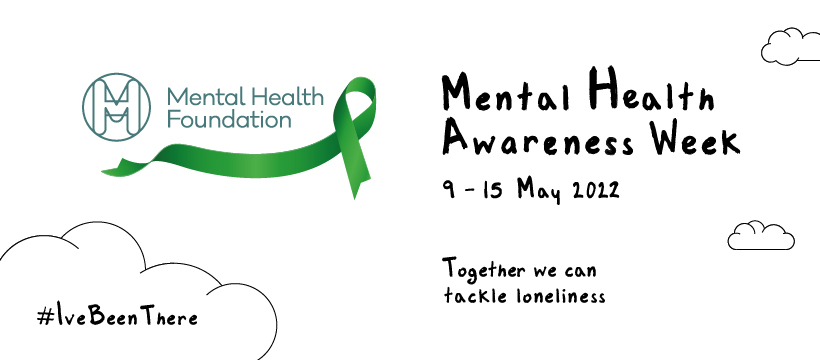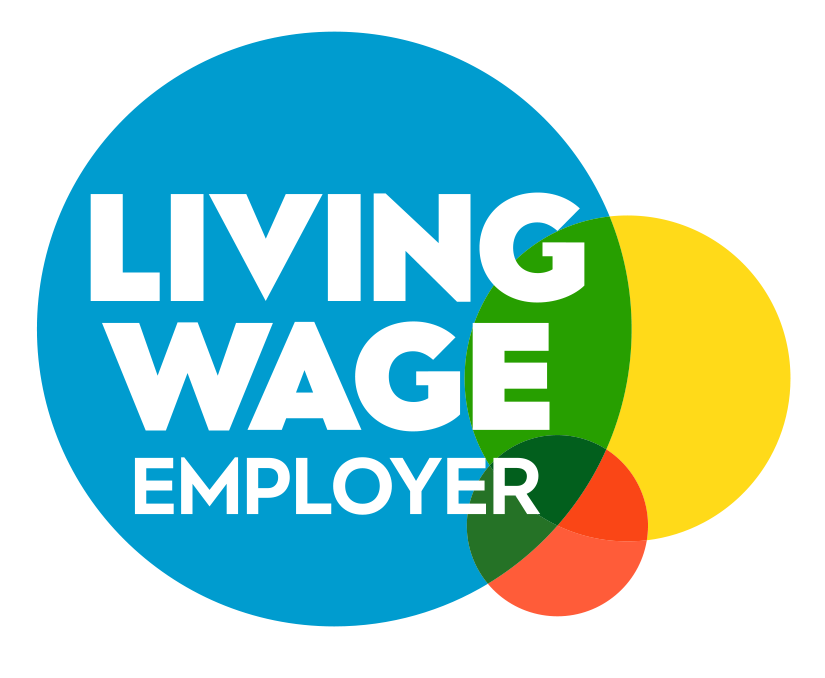“The most terrible poverty is loneliness, and the feeling of being unloved.”
― Mother Teresa
“Where are the people?” resumed the little prince at last. “It’s a little lonely in the desert…” “It is lonely when you’re among people, too,” said the snake.”
― Antoine de Saint-Exupéry, The Little Prince
At some point in out life, all of us have experienced being lonely. For many of us, the last 3 years have been a profoundly difficult challenge of learning to live without the contact of family, friends, and loved ones. We have had to cope not only with loneliness, but with complete social isolation.
This unique experience may have taught you things about yourself. You may have come to understand the difference between being alone, and being lonely. You may have learned new hobbies, and discovered aspects of your personality you didn’t know existed. The capacity to be alone and content with oneself is an important lesson in self-understanding, and the pandemic may have unexpectedly forced you to learn it. Or, you may have found yourself feeling a loneliness so intense you did not know what to do with it.
Some may have found themselves in a different situation; locked in a busy household, or with room mates, surrounded by people yet still feeling lonely when lacking the time and space to sit, reflect, and be on their own. Some were tested by having to spend 24/7 with the same people, desperate for a moment to be alone. Whatever the circumstance, the last few years have challenged all of us, and brought concepts like loneliness and being alone to the forefront of our collective consciousness.
As such, the theme of this year’s Mental Health Awareness Week is loneliness. The charity Mind defines loneliness as “the feeling we get when our need for rewarding social contact and relationships is not met”1. This is unique for everyone. We all have different levels of need regarding social stimulation. Some people are content to spend most or all of their lives alone, while others have higher social needs. Sometimes we can feel lonely even when we are in a relationship or a room full of people. The feeling of loneliness is often a complex one that can be influenced by a number of factors, such as self-esteem, our individual need for validation, how many people we are close with, and how comfortable we feel being vulnerable with others.
The impact that loneliness has on our mental health is substantial. While loneliness is not a mental health condition in itself, many people living with poor mental health find themselves feeling isolated, othered, and lonely. Mental ill health is often stigmatised and misunderstood, which quickly leads people with mental health diagnoses to withdraw from society. Loneliness can also exacerbate existing mental health conditions like anxiety and depression, or cause the onset of symptoms.
Prolonged loneliness can have profound effects on our physical health as well. Studies show that loneliness is likely to increase your risk of developing coronary heart disease and stroke2, high blood pressure3, and puts individuals at greater risk of cognitive decline and dementia4. Overall,
loneliness and social isolation contribute to higher mortality rates, particularly amongst individuals struggling with their mental health.
So, when we find ourselves feeling isolated and lonely, what can we do to combat it? The NHS makes the following recommendations1:
- Try talking about your feelings to a friend, family member, health professional or counsellor.
- The Samaritans have a confidential helpline available 24/7. Call: 116 123 or email: jo@samaritans.org if you need someone to talk to
- Consider joining a group or class that focuses on something you enjoy; you could ask to go along and just watch first if you’re feeling nervous
- Consider visiting places where you can just be around other people – for example, a park, the cinema or a cafe
- Consider peer support, where people use their experiences to help each other. Find out more about peer support from Mind:
- Get advice and practical tips on looking after your mental health from Every Mind Matters:
- Try the 6 ways to feel happier, which are simple lifestyle changes to help you feel more in control and able to cope:
- Find out how to raise your self-esteem:
- Listen to free mental wellbeing audio guides:
- If you have the ability/financial security, adopt an animal
- Pets can make wonderful, responsive companions who provide lots of fun and love
- If you can’t adopt, try signing up to foster or for a pet sitting service
Some things to try and avoid doing when you are feeling lonely are2:
- Comparing yourself to others
- Remember, everyone’s journey is unique – things you see on social media are curated and edited to only show the best bits! Try to focus on yourself
- Dwelling on things you cannot change
- Things like Covid-induced isolation, bereavements, or the behaviours of others are out of your control – try to focus that energy on bettering yourself and your well-being
- Changing everything at once
- This is unlikely to be hepful. Try implementing small, measurable changes over time and you will have better chances of success!
- Reminding yourself you are alone
- Instead, try saying “I am not alone – support is available, and this feeling will pass”
- Using alcohol, substances, or gambling to relieve the loneliness
- While these may seem effective in the short-term, they will make your mental health worse in the long run
If you suspect that a friend, loved one, or colleague is feeling lonely, try:
- Inviting them out for a coffee at the weekend or for a bite to eat after work
- Check in via text every week or two, just to show them you care
- See if they would be interested in attending an activity with you
- Give them a call once a month, just to chat
- Send them a letter or card to let them know you are thinking of them
- Try to also remember holidays and anniversaries that may be meaningful to them
To recap, feeling lonely is an inevitable part of the human experience. But being alone can also teach us something valuable – how to be content with ourselves, in our own company. Being aware of our own feelings around isolation and alone time will help us identify when we are crossing into loneliness, and when we need to take action to change the way we feel. If you are feeling lonely, take some of the steps outlined above, and remember you will not always feel this way!
Elise DeFusco -Counsellor, DPsych
- https://www.mind.org.uk/information-support/tips-for-everyday-living/loneliness/about-loneliness/
- Valtorta, N.K., Kanaan, M., Gilbody, S., Ronzi, S. and Hanratty, B., 2016. Loneliness and social isolation as risk factors for coronary heart disease and stroke: systematic review and meta-analysis of longitudinal observational studies. Heart, 102(13), pp.1009-1016
- Hawkley, L.C., Thisted, R.A., Masi, C.M. and Cacioppo, J.T., 2010. Loneliness predicts increased blood pressure: 5-year cross-lagged analyses in middle-aged and older adults. Psychology and aging, 25(1), p.132
- Cacioppo, J.T. and Cacioppo, S., 2014. Older adults reporting social isolation or loneliness show poorer cognitive function 4 years later. Evidence-based nursing, 17(2), pp.59-60
- https://www.nhs.uk/mental-health/feelings-symptoms-behaviours/feelings-and-symptoms/feeling-lonely/
- https://www.nhs.uk/mental-health/feelings-symptoms-behaviours/feelings-and-symptoms/feeling-lonely/






